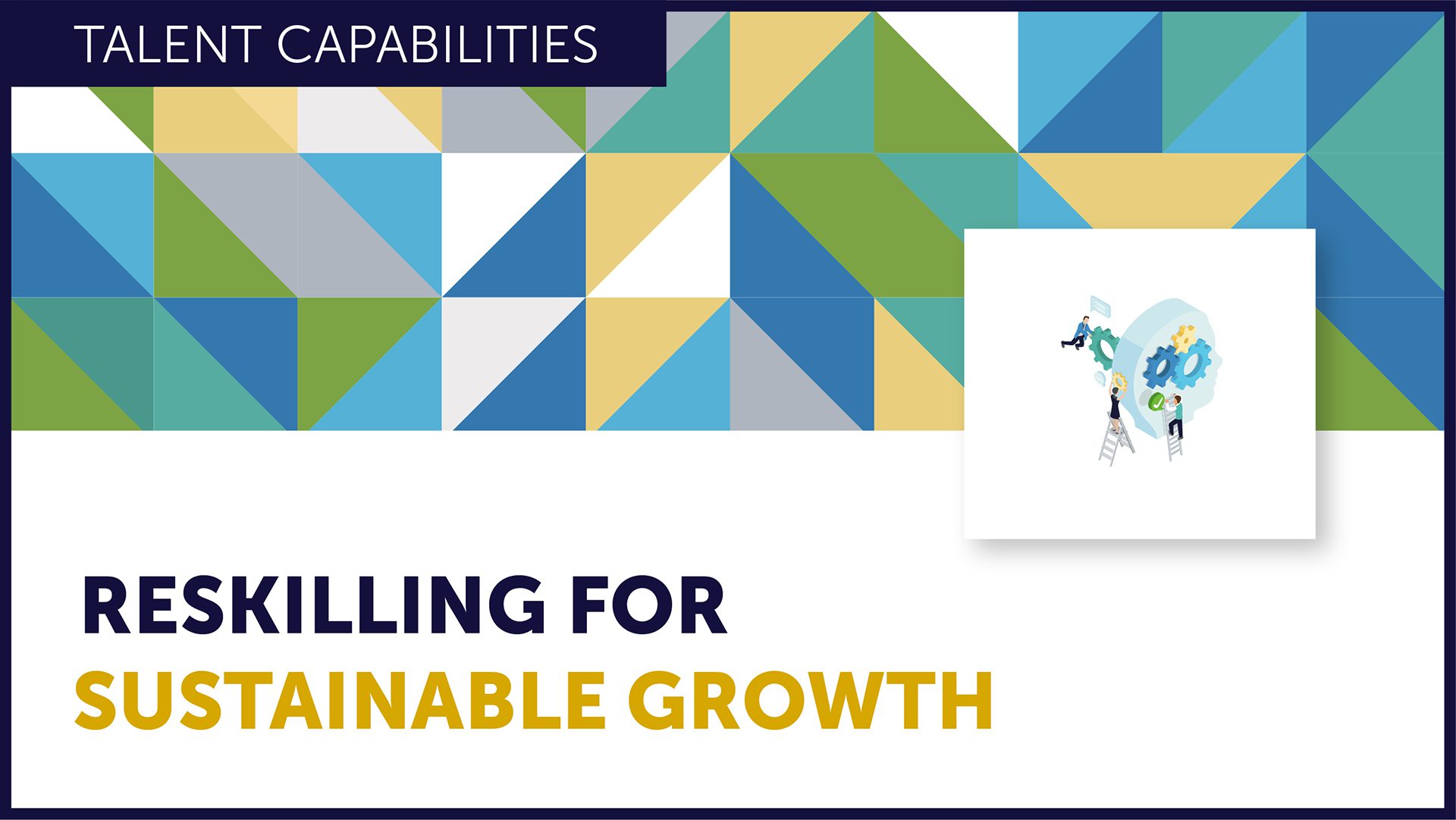Talent, Leadership and Learning
Blog: HR – Time to Invest in Its Own Development
In an era where businesses face unprecedented challenges such as globalisation, technological disruption, and demographic shifts, Human Resources (HR) plays a critical role in helping organisations navigate these complexities. However, despite HR’s central role in organisational success, many HR professionals fail to invest in their own development. This article will explore why HR doesn’t spend enough time upskilling, why it urgently needs to change this approach, and offer practical ways for HR professionals to carve out space for continuous learning.
HR Doesn’t Spend Enough Time Upskilling
There’s a common phrase in HR circles: “the cobbler’s children have no shoes.” This perfectly encapsulates the reality that while HR is responsible for developing talent within the organisation, it often neglects its own development. A Head of Talent shared her frustration in an interview, stating, “The hardest function to get buy-in from is HR. They don’t like doing it to themselves… they don’t always practice what they preach”. HR professionals are often caught in the daily grind of solving immediate issues, firefighting crises, and delivering on organisational needs, leaving little time for their personal growth.
This reactive approach is concerning because the future of work demands that HR step up. In many cases, HR departments underinvest in their development because they believe there isn’t enough time, budget, or resources. This short-term mindset can lead to underperformance in the long run. When HR professionals fail to upskill, not only does the function suffer, but the entire business risks losing its competitive edge.
Why HR Needs to Do More
The world of work is rapidly evolving, driven by factors such as technological advancements, changing workforce demographics, and economic volatility. To stay relevant, HR must be prepared to meet these challenges head-on. Here are three reasons why HR must invest more in its development:
- The Role of Technology: With the rise of AI, automation, and data analytics, HR professionals must learn to leverage these tools to enhance decision-making, improve efficiencies, and foster a better employee experience. Without staying up-to-date, HR risks being left behind as other functions embrace technology to drive business results.
- Workforce Expectations: Employees today expect more from their employers than ever before. Issues like diversity and inclusion, mental health support, and flexible working arrangements are now top priorities. HR professionals must be equipped with the latest knowledge and skills to design policies and strategies that reflect these shifting expectations.
- Leadership and Strategy: HR is no longer just a support function; it is a strategic partner that shapes business direction. For HR to contribute effectively to organisational strategy, its leaders must be well-versed in areas such as organisational development, change management, and leadership coaching. Continuous learning is crucial to develop these capabilities and maintain HR’s seat at the executive table.
Practical Ways HR Can Invest in Development
Despite the clear need for HR to invest in its development, many professionals still struggle to find the time. Here are some practical ways HR leaders can prioritise learning and development:
- Make Learning a Strategic Priority: HR leaders need to advocate for the development of their teams just as they do for the broader workforce. They should view learning as a long-term investment that delivers sustained benefits. Successful organisations develop a clear model of what will be required from their HR teams in the future and rigorously apply predictive tools to ensure they are building the right capabilities.
- Integrate Learning into Everyday Work: One of the biggest challenges for HR professionals is balancing the demands of daily operations with the need for learning. Rather than seeing learning as a separate activity, HR should integrate it into the flow of work. Project-based learning, job rotations, and mentoring programs are effective ways to gain new skills while still contributing to the organisation’s goals.
- Invest in Formal Development Programmes: Many HR functions have successfully created structured learning programs, often in partnership with external organisations like CRF. Tailored development plans that combine formal learning with experiential opportunities like cross-functional projects can ensure continuous growth.
- Create a Learning Culture: Finally, HR must lead by example in fostering a culture of continuous learning. When the HR function embraces learning as a core part of its DNA, it sends a powerful message to the rest of the organisation. HR teams that prioritise their development are not only better equipped to face future challenges but also inspire others to follow suit. This long-term commitment to development, sustained across economic cycles, ensures the HR function remains agile and future-ready.
Conclusion
The future of HR is dependent on its ability to continuously upskill and stay ahead of emerging trends. While it can be difficult to carve out time for learning, especially under the pressures of everyday work, HR professionals must make this investment a priority. By making learning a strategic initiative, integrating it into daily operations, and fostering a culture of continuous development, HR can ensure it is ready to meet the challenges of tomorrow. After all, a well-developed HR function doesn’t just benefit itself – it drives the success of the entire organisation.
Author: Nick Holley, Director, CRF Learning


